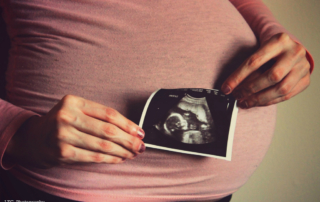Cognitive Behavioral Therapy Used to Treat Depression in Pregnancy
Mood disorders and symptoms during pregnancy and the postpartum period are not uncommon and affect women across the world. In spite of relatively high rates of depression among childbearing women, there are often inadequate resources for treatment, particularly in poorer countries. In countries lacking resources, health care is often managed by community health workers or individuals with basic health care training who provide care to difficult-to-reach populations. There are often few mental health professionals, leaving many women without adequate treatment. In an attempt to provide treatment to a greater number of women, some investigators are attempting to train community health workers to provide some psychotherapy as part of their standard duties.









